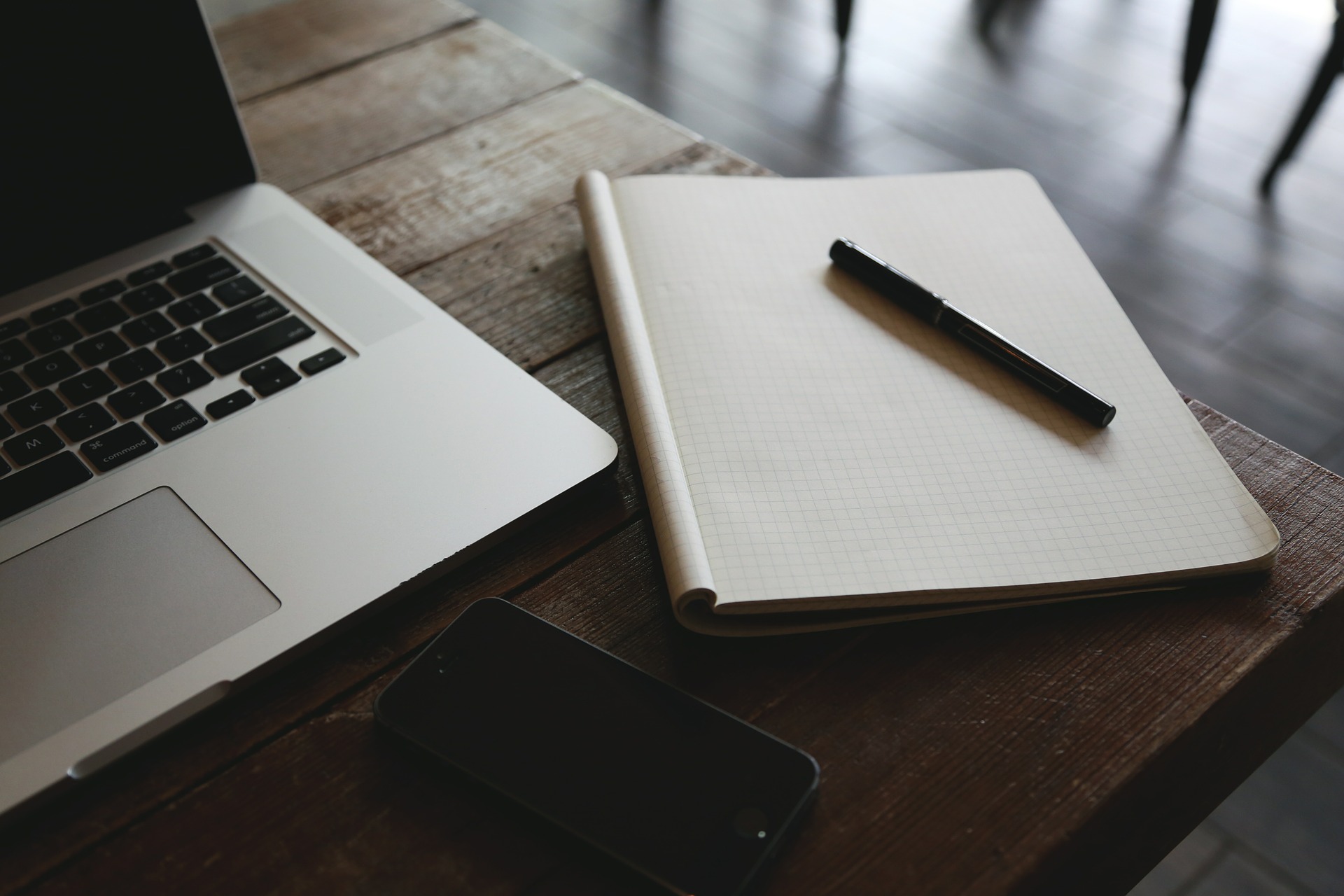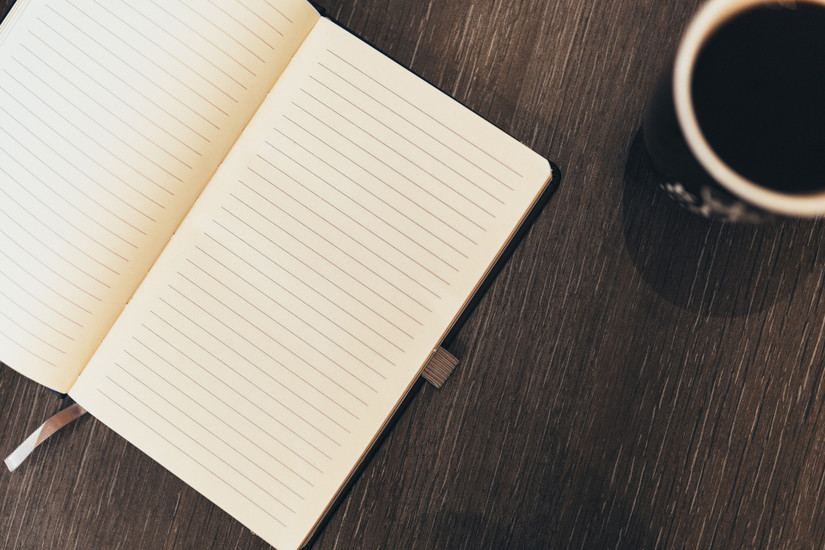How to Take Notes That Matter
Posted by Megan Habel on Aug 03, 2016
Learn how to take notes like a real pro!
Taking detailed notes is not just for the classroom. Proper note taking is an essential skill for the workplace as well. If you’re worried about how to take notes, it’s easiest to start by breaking down the different scenarios where good notes will come in handy. Whether you have a big company meeting, a quick chat with a coworker, or a client-facing meeting, here are some key tips to remember when taking notes.

For company meetings:
1. Have an agenda and determine everyone's roles.
When you’re in these large meetings, the key to taking efficient notes is to have goals and be organized. As soon as you schedule a large meeting, start designating roles and mapping out the schedule. This will help everyone absorb the information and take good notes during the meeting since they won’t be confused about what’s happening next or who’s doing what.
2. Don't worry about the time while you're taking notes.
It's hard to keep track of time while you're trying to take down notes on all the essential points of the meeting because you're forcing your brain to constantly switch between two different tasks. Your best bet is to designate someone as the person responsible for keeping track of the minutes and agenda, so everyone else can take better notes!
3. File your notes.
Once you've finished the meeting, make sure you have a system for filing and organizing your notes. If you don't have one yet, create one! Chances are this won’t be your last company meeting, so you want to have an organized process to go back and refer to key points. If you took notes by hand, you can either digitize your notes or use the old-fashioned method of storing your notes in labeled folders. At BookPal, we prefer to use our custom journals so our notes get stored in one, easy-to-find place.

For meetings with clients:
1. Always use pen and paper.
While technology has done some great things to make note-taking cleaner, it's been proven that physically writing down notes allows you to process the information better and focus on what's key. Clients will appreciate that you're not sitting behind a screen and are clearly focusing on what they're saying.
2. Plan out your talking points and questions in advance.
Preparation for meetings is key, especially when you’re sitting across from a valued customer. Try taking some notes beforehand with points you want to cover, including questions for the client and any details from previous discussions.
3. Find a balance between active listening and note taking.
Even though taking comprehensive notes is important, Don't forget that you’re talking to a live human who wants to have a two-way conversation. Try your best to go between writing everything down in your journal and asking questions to show your client that you're engaged and paying attention.

For event planning meetings:
1. Try out a note-taking app on your tablet or an unlined journal.
These kinds of free-form, more creative meetings are great opportunities to test out some of the cool note-taking apps and technology currently available. For example, you can write on certain tablets and then have the notes transferred into documents to store on your computer — saving you the hassle of having to transfer your notes. popular note-taking apps like Evernote and Microsoft OneNote can also help optimize your note-taking process and keep everything organized in one place.
2. Create a mind map.
If you're more of a visual person, then mind maps might be the perfect trick to creating valuable notes! A mind map is essentially a diagram you create to keep track of all the smaller ideas that stem from the big ones. Start by writing down the main topic, circle it, then create branches for the ideas that stem from the initial idea. This is definitely be more engaging than bullet points!
3. Use a timeline.
When you’re planning an event, one of the best ways to keep it simple and organized is to organize your notes into a timeline. Begin with the first stages of getting ready for the event, including who will be doing what and what they’ll need, and then go from there. Mini-deadlines will keep you from feeling rushed or stressed when the date of the event gets closer.

For quick, unexpected meetings:
1. Focus on the "who, what, when, where, and why."
Sometimes you might find yourself pulled into a meeting you hadn’t planned on attending or you're engaged in a quick discussion with a colleague that turns into a mini-meeting. In these situations, it’s good to make sure you boil down the meeting to the five essentials: who, what, when, where, and why. If you have at least each of these points nailed down, you won’t feel like you’ve just been ambushed with a flurry of random ideas.
2. Use your own personal shorthand system.
Another way to not feel jostled by an abrupt meeting is to create a short-hand notetaking key. For example, when you're reviewing your notes, put a star next to something you have to do and a question mark next to something you want to follow up with. It’s up to you what will help you the most, but these little symbols will become natural and memorable after a few note-taking sessions.
3. Organize your notes after the meeting.
Don’t feel too concerned about keeping your notes organized while the meeting is taking place. Try to focus on capturing the key points of the meeting and then go back afterward to reorganize. Take the time post-meeting to elaborate on the key points so that a few weeks or a few months from now, it will still make sense.
Do you have any note-taking tips for us? Share them by leaving a comment below!
Help your entire organization take better notes!
Here at BookPal, we give each employee a personalized journal for note-taking. This helps everyone on the team stay organized and prepared for whatever may come up during the day, whether we're out and about attending conferences, meeting with clients, or debriefing with coworkers.
This post was written by Sydney Moorhead, the product specialist at BookPal. She is currently reading Seven Brief Lessons on Physics by Carlo Rovelli.



